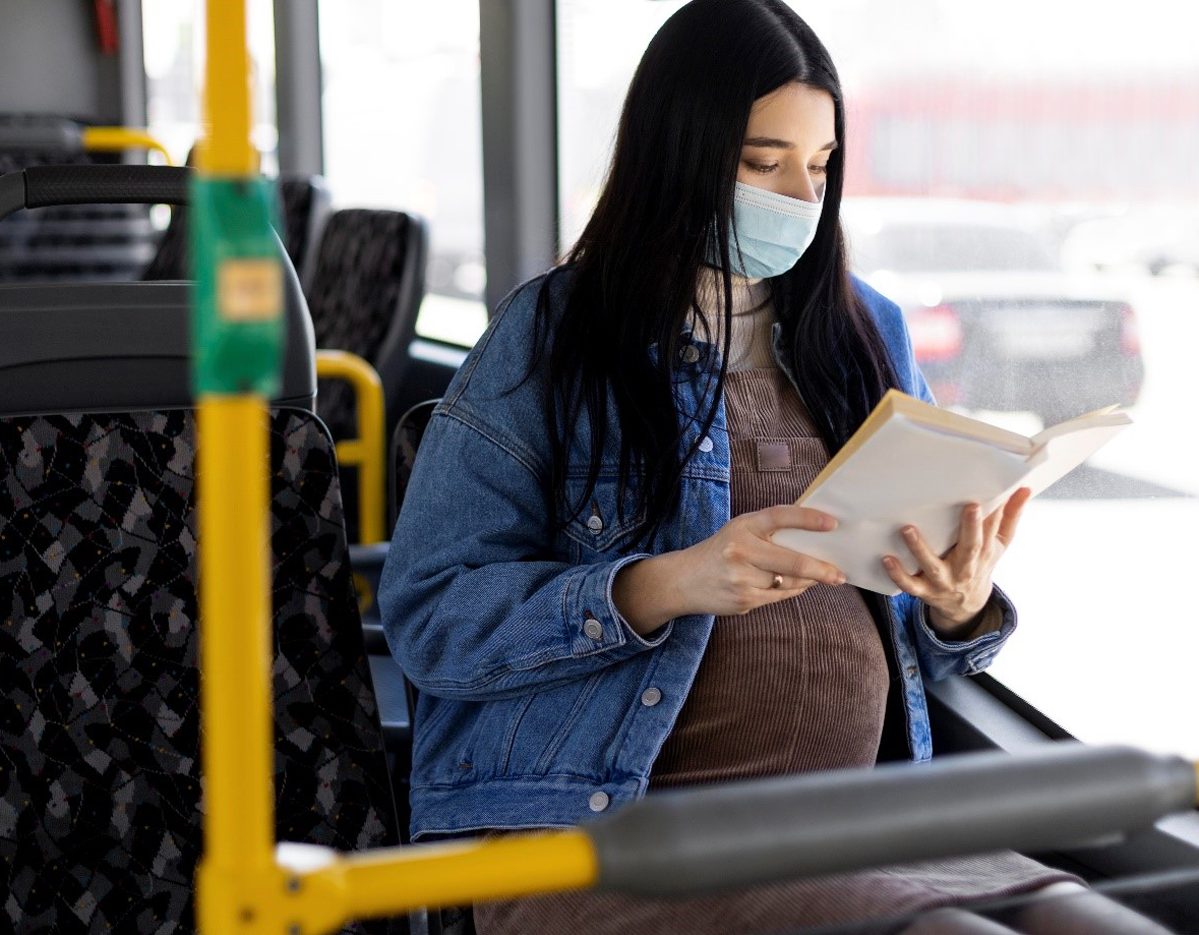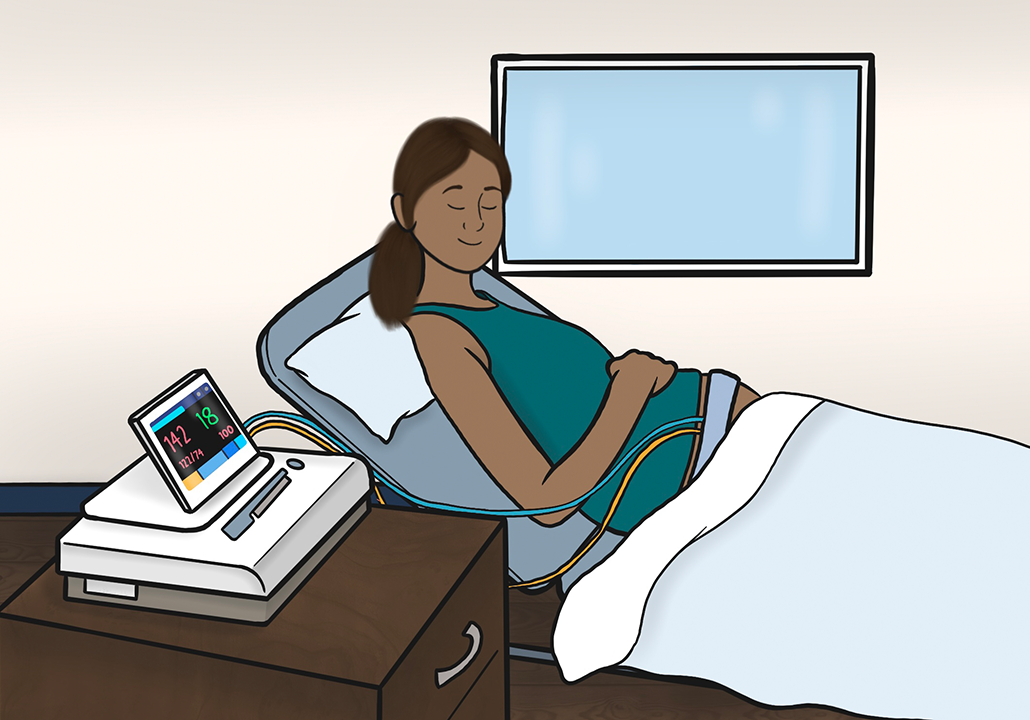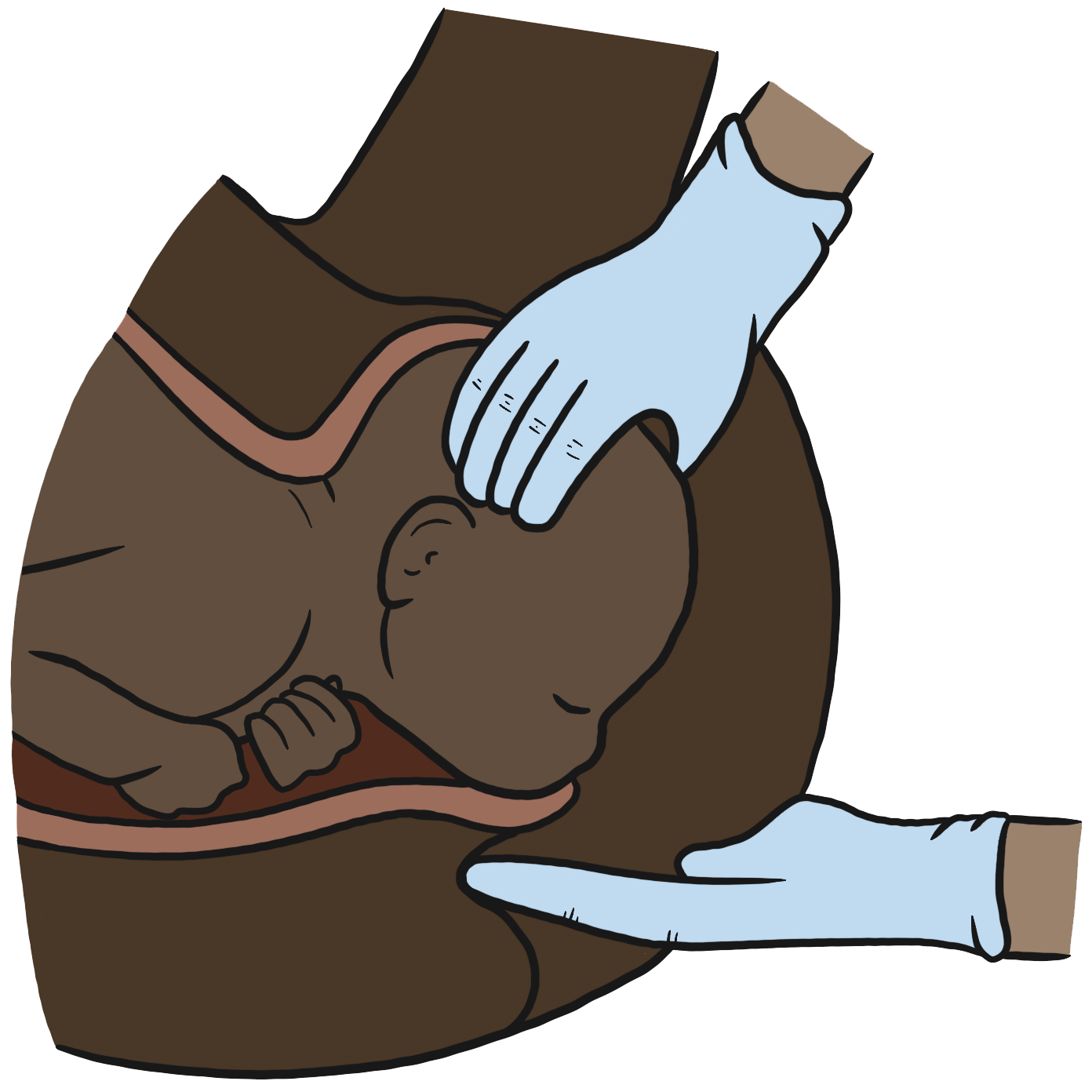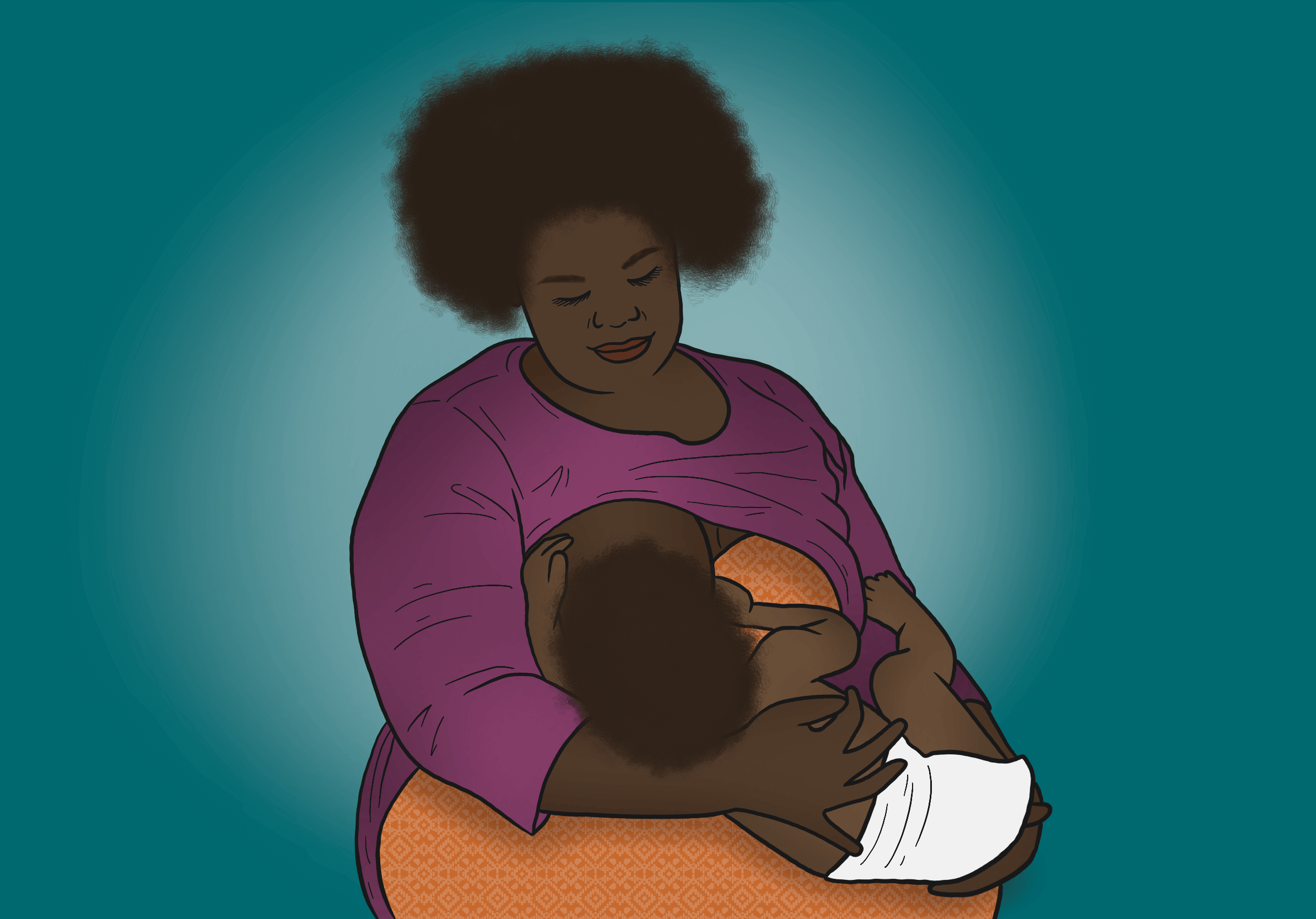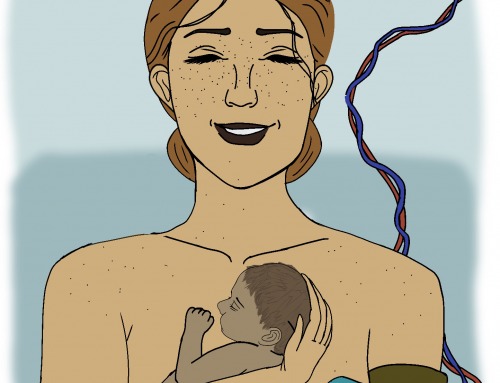In the past 18 months almost every person on the planet has been affected one way or another by the new Coronavirus, Covid 19, but disproportionately affected have been women and people who are pregnant, or planning a pregnancy.
In the early months of Covid there were reassuring articles released by the media stating that pregnant women were no more likely to become seriously ill with Covid-19 than anyone else. Later came news that this may be untrue, that the changes in pregnancy which affect the immune system may make serious illness more likely.
We initially heard that babies and children were unaffected by Covid-19, and indeed this is a trope still claimed by some people, even as stories of children with long Covid continue to be shared, or even the horrific tragedy of babies dying from the virus. While it seems that vastly fewer children become seriously ill compared to adults, the claims that they are unaffected, then news about a Kawasaki-like disease and then kids who are living with severe ME type symptoms mean that many of us just don’t know what’s real – what’s true – what’s actually going on?
In 2020 came the fabulous news that a vaccine had been created and that it was very effective. But then the Delta variant came along, and the vaccine became known to be less effective against that variant, but still reduces the chance of serious illness and hospitalisation. So, many adults jumped at the chance to have this protection – unless they were pregnant; they weren’t allowed to.
Pregnant women and people weren’t permitted to have the vaccine, not because there was evidence of harm, but because there was no evidence at all. There had been no testing of the vaccine on pregnant women and people during its development.

On the face of it, this seems to be extremely reasonable. Clearly it seems unethical to test any medication or vaccine on an unborn baby? Yet without testing, there can be no option for pregnant women and people to be vaccinated, even if they want to, leaving them vulnerable to the virus at a time when they’re more likely to become seriously ill. This is also highly unethical.
If we are at the point of human development where the wealthiest men on the planet can create representations of their genitals and blast them into space for kicks, surely we can work out a way to test the safety of medications in pregnancy without injecting them into pregnant women? The fact that this isn’t an active area of science follows on from the fact that many medications are not tested on women, or when they are, they are under-represented in trials, because their cycles ‘affect’ the results…. No matter that in the real world, women have cycles. There is also a fear of a repetition of Thalidomide, and yet the devastation caused by that drug led to changes in medical testing ethics that mean that nowadays, Thalidomide would never have been passed as safe in pregnancy. Those systems already exist and fear of it happening again should therefore not stop us from looking for safe ways to do trials that represent everyone, including those planning or experiencing pregnancy, without injecting pregnant women with new drugs. It is simply not acceptable for pregnant women and people to be ignored, and to be left not knowing whether the vaccine is safe for them.

Eventually, in February 2021, clinical trials did start on pregnant women. The trials showed that the vaccine didn’t negatively affect the women or their babies in ways that weren’t already known about. However, the trials only followed up the babies for six months after birth, and even if these follow ups are extended it’s too early to know whether there may be any long-term effects of the vaccine. That data simply doesn’t exist.
So where does that leave pregnant women and people who are considering whether or not to have the Covid-19 vaccine?
Safety, pregnancy and the Covid vaccine
What information do we have about the safety of having the Covid-19 vaccine while pregnant?
- According to Pfizer, their Covid-19 vaccine, which is the most likely one to be offered to pregnant women and people, does not show any toxicity in pregnant animals. While this is reassuring, animals don’t always react to drugs in the same way that humans do. For instance, pregnant animals weren’t affected by Thalidomide as humans were.
- In the USA, over 150,000 pregnant women and people have been vaccinated under the CDC’s V-safe project, which asks pregnant women and people to report side effects after receiving a Covid-19 vaccine. At the time of writing (August 2021) no side effects have been reported to have been submitted other than those already known about in the general population.
- According to the Royal College of Obstetricians and Gynaecologists (RCOG), over 66,000 pregnant women in England and Scotland have received one or two vaccines, “with no serious side effects reported”.
- A study in London compared a small number of women (133) who were given at least one Covid jab in pregnancy with a matched cohort of those who did not, and there were no significantly different outcomes shown between the two groups. The areas that were looked at were stillbirth, foetal abnormalities, intrapartum pyrexia, PPH, caesarean birth, SGA, and whether the mother went to the HDU or ICU, or the baby went to NICU after birth. We don’t know if there are other side effects of the vaccine that weren’t looked at. This was also a very small number of women who were involved, so very rare outcomes may not have been spotted.
These are just some examples of the reassuring data that has been collected on the safety of the Covid-19 vaccine in pregnancy – there is more, and more data is released every month.
However, we have no information at all on the long-term effects of the Covid-19 vaccine on anyone, pregnant or otherwise, nor on any effects on our babies.
It is perfectly reasonable to expect that there will be no long term effects from the vaccine, on adults, children or babies who were foetuses when their mothers were vaccinated. It may be that a very small number of people will have some long-term side effects that are discovered in the future. Or maybe many people will be affected by something that we have no idea about right now. We simply don’t know.
Covid-19, vaccines, and blood clots
As more had the Covid-19 vaccine there were more people to show rare side effects. One example is the issue of blood clots. Blood clots, which can be fatal, are a rare complication of some of the Covid-19 vaccines. Data reported in August 2021 showed a rate of around 143 serious blood clot incidents following 10 million single doses of the Covid vaccine – around a 1/69,930 chance. However, researchers in Birmingham who were looking at the blood from patients who had blood clots after a vaccine found that around 2/3 of them were not related to the vaccine, but had other causes, and the timing was just coincidental. In contrast, patients who were infected with Covid-19 had these blood clots at a rate of 1,699 per 10 million patients. Still a very low number, a chance of 1/5,885, but this shows that the chance of having a serious blood clot due to a Covid-19 infection is significantly higher than the risk from the vaccine.
A question of trust

It’s understandably very hard to know whether the information we’re being given is accurate. At the very beginning of the pandemic, the public was advised to not wear masks, not, as we discovered later, because they aren’t an effective way to slow down transmission, but because Governments around the world had neglected their pandemic stocks and there simply weren’t enough appropriate masks for healthcare workers, never mind the general public.
Sometimes the data we were given was wrong, and was corrected later. For instance, we were told that pregnant women and people weren’t made more ill by Covid-19. Now we know that they are more likely to experience severe illness than those who aren’t pregnant.
Sometimes we are being given information which is accurate, but misleading. We’re being told that pregnant women are more likely to give birth prematurely if they contract Covid-19 in pregnancy. This implies that Covid-19 itself triggers pre-term birth but recent data tells us that most of these births are inductions or caesareans, so pregnancies which are ended early by medical intervention, not spontaneous pre-term labour. This leads to suspicion that we’re not being told the truth. While it’s technically pre-term birth, that’s only happening because doctors are removing the babies, not because Covid-19 triggers labour.
Yet, when we look at why these pregnancies are being ended early, the details are stark and disturbing. Covid-19 causes increased rates of pre-eclampsia, which is the trigger for many of the early births. However, another common reason for babies being born before term is that some of their mothers or birth parents are so ill that they need to be ventilated, and placed prone (on their stomachs). This cannot be safely done when heavily pregnant, so babies need to be removed even if they are pre-term, in order to try to save their mothers. The pre-term births may not be triggered by Covid-19, but they are happening to try to save the women from Covid-19.
Summary
Pregnant women and people are now being strongly advised to have the Covid-19 vaccine, after months of being told that we don’t know if it’s safe – and before the data from the manufacturers’ clinical trials is released. There are so many unknowns about the Covid vaccine and its safety, and we are unlikely to know for many years whether it really is ‘safe’ for most people.
However, we are gathering huge amounts of data about the Covid-19 virus and its effect on the human body, and on the bodies of those who are pregnant. We can only look at what we do know, and make a judgement based on that, and then decide how we feel about what we don’t know, and how much that influences our final decision.
Right now, those who are pregnant do at least have a choice. In the future, we can only hope that scientific research develops enough to ensure that pregnant women and people are never again left out in the cold without the option to decide what’s right for them.
